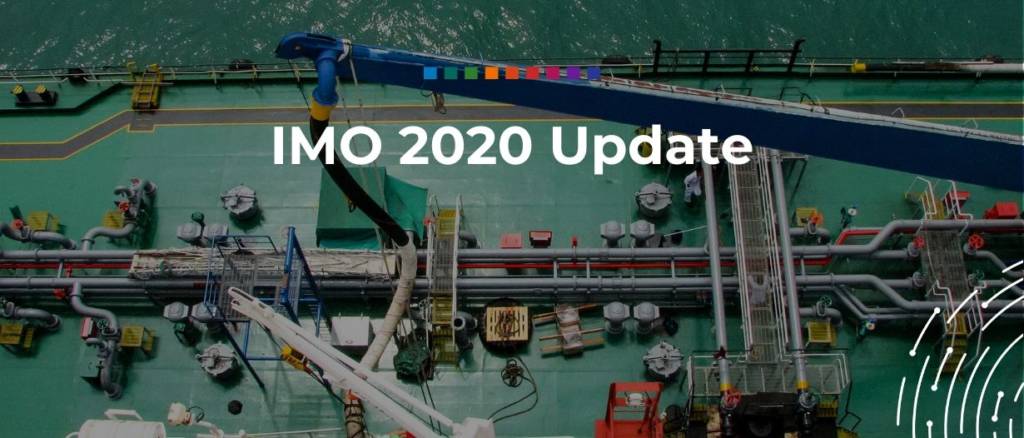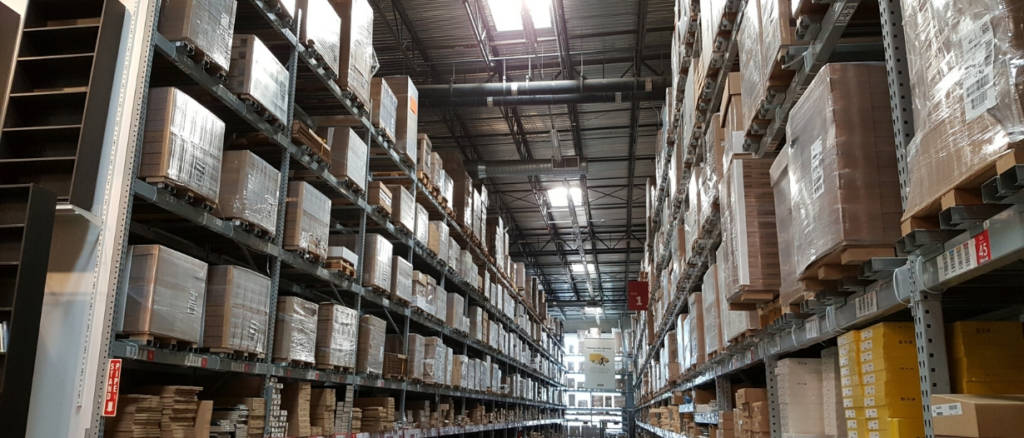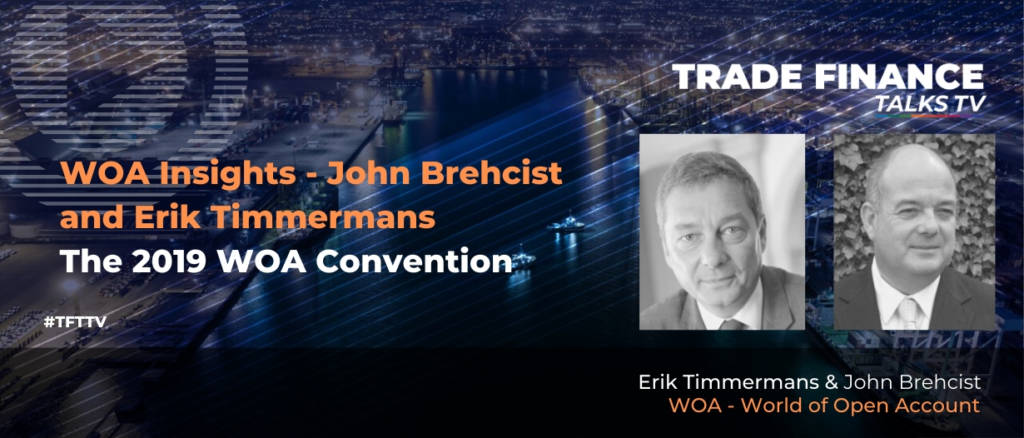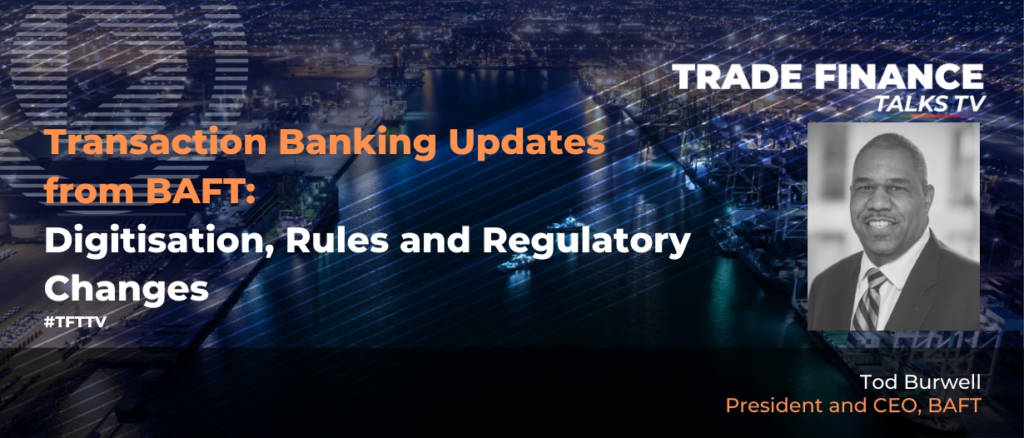The biggest global reduction in sulphur content for marine fuels has now come into force (from the 1st January 2020). Shipping companies will need to axe sulphur emissions by around 85%m and with this in mind, what could these new limits mean for trade, freight forwarding prices and the global economy? TFG investigates.
There is no doubt that the new Incoterms® 2020 are very usable in the context of trade within the Europe/Central Asia land mass and transported by land, just as the 2010 and earlier versions were.
The ICC Uniform Rules for Collections (URC522) Supplement for Electronic Presentation (eURC). On 1 July 2019, the revised internet eRules and guidelines for online trade finance documentary collections came into effect for banks, importers, exporters, and freight forwarders to prepare and present electronic records for documentary collections in lieu of or in conjunction with paper documents.
With the development of more interconnected alternative finance options for businesses and the emergence of open banking in the marketplace, the option of Peer-to-Peer (P2P) lending is seeing a great increase in popularity over the years among its SME audience.
On a rainy morning back in September we hosted a roundtable on collateral management at gunnercooke llp offices. We were joined by our co-host Elena Egorova, Head of Projects, DRUM Risk, an inspection and stock management company. Elena helped us work through an interactive case study based on real events (the infamous worst-case scenario) to track legal issues and practical considerations arising from the storage of commodities.
The European Commission faces a tough challenge when considering its policies regarding competition in the market: It is a fine line between protecting domestic companies that struggle in light of giant companies from abroad and softening antitrust rules that Ms Vestager has to walk as EU competition chief.
Open Account financing is going through a period of rapid change, thanks to digital innovation and competition. Recognised as a safe and flexible way for financing the real economy, we caught up with Erik Timmermans, founder of WOA, and John Brehcist, at their annual convention, to discuss the hottest topics in receivables finance.
ITFA is pleased to advise its members that the legal opinion from Sullivan for the purposes of Article 194 of CRR on the ITFA Master Participation Agreement for Unfunded Participations… read more →
We caught up with the President of the Bankers Association for Finance and Trade (BAFT). We talked about the balance of human capital and technology in the international transaction banking, about the amendments of the funded master risk participation agreement and how trade-based money laundering can be eradicated.
Following the financial crisis, the International Accounting Standards Board (IASB) recognised the need for a forward-looking approach to account for credit losses. Previously, the IAS 39 accounting standard for assessing provisions was based on an incurred loss model. This approach has been criticised as “too little, too late” as it was perceived as delaying the recognition of potential turbulences while favouring forbearance.
























